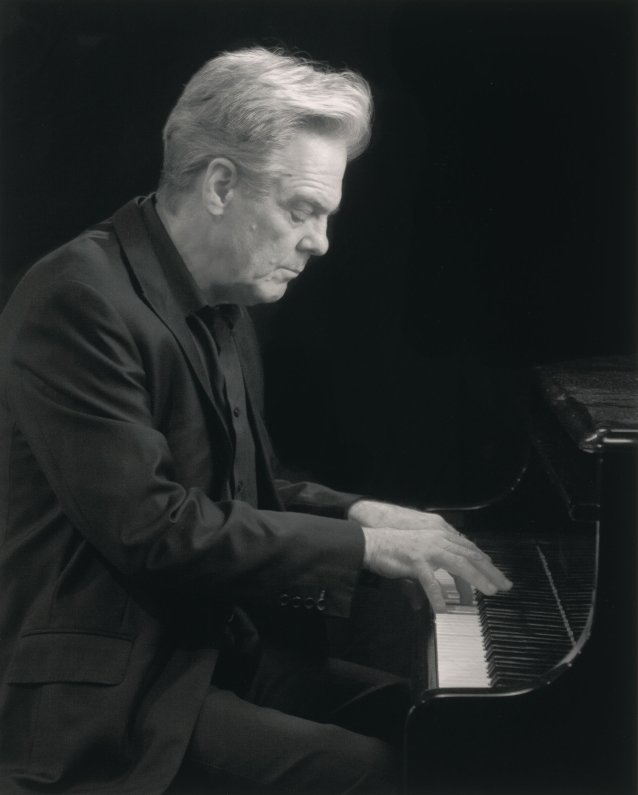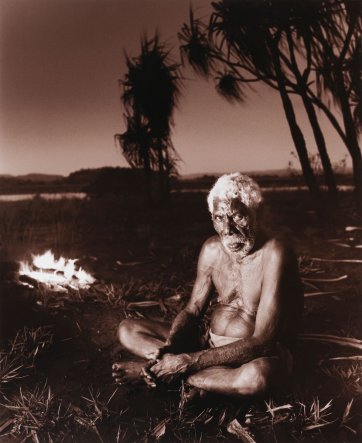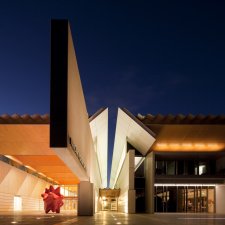Don Walker (b. 1951) is considered one of Australia's best songwriters. Born in Ayr, Queensland, he spent his early childhood on a sugar cane plantation and has said he was familiar with gospel, blues and swing before he could talk. He started having piano lessons following his family's move to Grafton, New South Wales, in the mid-1950s, and subsequently played the organ too. He did an Honours science degree at the University of New England and then moved to Adelaide where he, Ian Moss and Steve Prestwich formed Cold Chisel in 1973. Jimmy Barnes joined the band not long afterwards. Walker's songwriting credits include some of Cold Chisel's biggest – and most iconic – singles, among them 'Saturday Night' (1984), 'Choir Girl' (1980), 'Cheap Wine' (1980) and 'Khe Sahn' (1978), which in 2001 made the top ten in an APRA poll of the greatest Australian songs of all time. Described as an anti-conscription, anti-Vietnam War anthem, 'Khe Sahn' was added to the National Film and Sound Archive's Sounds of Australia register in 2014, and is still being belted out in pubs by fans and cover bands too young to have much of an idea of what Walker's lyrics refer to.
After Cold Chisel disbanded, Walker formed Catfish, an ensemble of backing musicians with Walker as frontman and songwriter. Catfish released two critically-acclaimed but commercially unsuccessful albums between 1988 and 1991. In 1993, with Tex Perkins and Charlie Owen, he formed Tex, Don and Charlie. The trio's first studio album, Sad But True, received rave reviews. It was followed by All Is Forgiven (1995). As a solo performer and composer, Walker wrote the soundtrack for the feature film Freedom (1982), has released three studio albums and three live albums, and toured Australia extensively. In addition, the list of musicians with whom he has collaborated contains some of the best-known names in Australian music – pop, rock, country, indie and folk – such as Missy Higgins, Kate Ceberano, Katie Noonan, Jimmy Little, Slim Dusty, Troy Cassar-Daly, Sarah Blasko and Mick Harvey, as well as Moss and Barnes. Walker has published two books: Shots (2009), and anthology of autobiographical essays and vignettes; and Songs (2019), a compilation of his solo work. Among his industry awards are an ARIA for 'Tucker's Daughter' (co-written with Ian Moss), which was voted Song of the Year in 1990; and three APRAs, including the Ted Albert Award for Outstanding Services to Australian Music, which was awarded to Cold Chisel in 2016. Walker was inducted into the Australian Songwriter's Hall of Fame in 2012 and in 2020 the UNE awarded him an honorary doctorate.
Gift of the artist 2023
© Mark Lang
The National Portrait Gallery respects the artistic and intellectual property rights of others. Works of art from the collection are reproduced as per the
Australian Copyright Act 1968 (Cth). The use of images of works from the collection may be restricted under the Act. Requests for a reproduction of a work of art can be made through a
Reproduction request. For further information please contact
NPG Copyright.

















